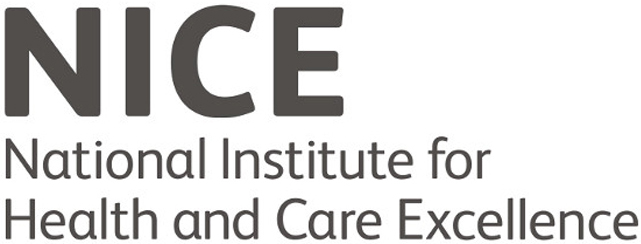ScHARR provides an excellent research environment
ScHARR is a multidisciplinary school with over 320 staff, including over 30 professors. It has an annual research grant income of over £10m and ranks 4th for research ‘power’ and 2nd for ‘impact’ in the UK league tables for its subject area (REF2014 UK UoA2).
ScHARR is fundamentally multidisciplinary. It spans applied and methodological, primary and secondary, qualitative and quantitative health related research with an explicit focus and mission to support UK and international decision making.
We are renowned for the quality of our research and our staff. We have expertise in public health policy appraisal, health economics, cost-effectiveness modelling, health services research, trial design, evaluation of complex interventions and valuation of health and well-being.
ScHARR consistently attracts high calibre individuals from a wide range of backgrounds including health, psychology, mathematics, statistics, the physical sciences, computer science, engineering and the quantitative social sciences, and pathways for moving between quantitative disciplines and health related research are well-trodden. As well as attracting grant funding, the School has a successful track record in winning studentships and fellowships that have facilitated training at doctoral and post-doctoral levels in economics, statistics and computer modelling.
The School is engaged in a number of large programmes that add value to the doctoral training environment. Of particular relevance to the Wellcome programme are the ScHARR-led UKPRP Consortium for System Science in Public Health & Health Economic Research (SIPHER), the NIHR School for Public Health Research (SPHR), the NIHR Policy Research Unit on Economic Methods of Evaluation in Health and Social Care Interventions (EEPRU), the NICE Decision Support Unit and our two NIHR-funded evidence review centres. Through these programmes, you will have access to a large network of researchers working on applied public health topics.
Postgraduate teaching and research is priority
There are currently 100 doctoral and 250 masters students in the School, providing a vibrant postgraduate environment. As part of the University of Sheffield, we have a well-developed approach to PhD training.
The University of Sheffield’s Doctoral Development Programme supports bespoke training needs analysis for all Postgraduate Research (PGR) students, including access to masters modules across faculties/disciplines and generic research and career skills training.
Excellent collaborations with key departments
We have strong and constant collaborations with other University departments and especially the following departments who provide supervisors for this PhD programme.
- Economics: for labour economics/econometrics
- Psychology: for behavioural science
- Geography: for demography and spatial health
- Mathematics and Statistics: for statistics/simulation
- Control Systems Engineering: for complex-systems modelling and multi-criteria decision making
- Town and Regional Planning: for housing policy
- Sociological Studies: for social policy, sociology, social systems and inequalities
National and international research networks

NIHR School for Public Health Research collaborating with University College London, London School of Hygiene and Tropical Medicine, and Universities of Newcastle, Durham, Teesside, Northumbria and Sunderland, Bristol, Liverpool and Lancaster, and Cambridge.

Lead for the SIPHER Consortium for System Science in Public Health & Health Economic Research. This major investment by the UK Prevention Research Partnership (UKPRP) brings together scientists across six universities, three government partners at local, regional and national level, and ten practice partner organisations, with a focus on shifting from health policy to healthy public policy.

ScHARR is joint lead of the Department of Health’s Economic Evaluation Policy Research Unit.

Largest NICE evidence review group providing health technology assessment reports.

Partner in the UK Centre for Tobacco and Alcohol Studies – with a particular focus on behaviours and health economics themes.

Member of the National Centre for Sports and Exercise Medicine.
Commissioned work from policy and research bodies
Funding bodies currently supporting our research to address key policy questions in Public Health Economics and Decision Science:
- Government departments in the UK
- National Institute for Health and Care Excellence (NICE)
- Public Health England (PHE)
- National Institute for Health Research (NIHR)
- Medical Research Council
- Economic and Social Research Council
- Research charities e.g. Cancer Research UK
- EU Framework Programme
We make a difference to policy and decisions
We have a track record of impactful evaluations and appraisals of public health policies whilst simultaneously driving forward methodological development.
The example of alcohol pricing
The Sheffield Alcohol Policy Model (SAPM) has provided the key evidence on minimum unit pricing, drinking guidelines and other alcohol policies since 2008. It is used by the UK government, devolved administrations and international governments (e.g. Scotland, Wales, Northern Ireland, Republic of Ireland and in Canada) for policy impact assessment and decision making. Results and methodological articles have been published in world leading journals (e.g. Lancet, BMJ). Our researchers have fully engaged in policy development and analysis to inform government decisions e.g. through reports to governments, attending as witnesses at Parliamentary Select Committees, interviews on the TV, radio, news and media and engaging in public debate.


